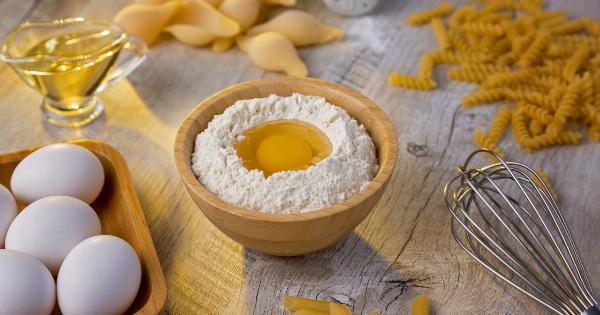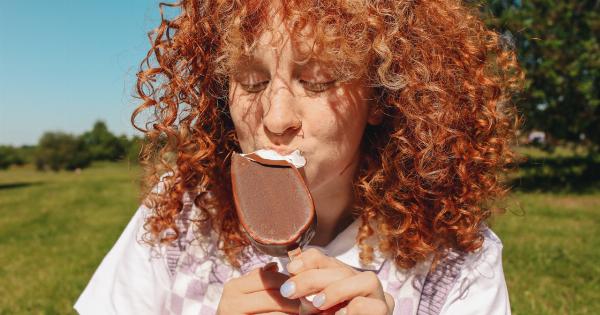Egg freezing, also known as oocyte cryopreservation, is now considered a viable option for women who want to conceive later in life or have difficulty getting pregnant.
This process involves harvesting and freezing a woman’s eggs, which can be thawed and fertilized with sperm in the future to create a pregnancy.
But what is the best age for egg freezing? This is a question that many women ask themselves, and the answer depends on many factors.
In this article, we will explore the different factors that influence the optimal age for egg freezing and hopefully, help you make a more informed decision.
What is Egg Freezing?
Egg freezing is a process in which a woman’s eggs are removed from her ovaries, frozen and stored for use later on. The eggs can be thawed and fertilized with sperm to create a pregnancy in the future.
Egg freezing is commonly used by women who want to preserve their fertility for various reasons, such as career development, health issues or personal choice. It is a complex process that requires careful planning and execution to ensure successful outcomes.
Factors That Influence Egg Freezing
Several factors can influence the decision to freeze eggs, including age, overall health, family planning options, and personal preferences. Among these, age is the most crucial factor that can affect the success rate of egg freezing.
Here are some of the reasons why:.
Fertility Decline with Age
As women age, their fertility declines, making it harder to conceive a child naturally.
This decline in fertility is due to various factors, including a decreased number of eggs in the ovaries, a decreased quality of eggs, and increased risk of genetic abnormalities. Egg freezing helps women overcome these age-related fertility challenges by preserving their eggs when they are young and healthy.
Success Rates
Another important factor that affects the optimal age for egg freezing is the success rates. Studies have shown that younger women, typically those in their 20s and early 30s, have a higher chance of success with frozen eggs than older women.
The reason for this is that younger women have more and healthier eggs, increasing the odds of creating viable embryos.
Health Concerns
Aside from age and success rates, health concerns can also influence the decision to freeze eggs.
Women who have medical conditions that affect their reproductive health, such as cancer, may consider egg freezing as an option to have children in the future. Cancer treatments such as chemotherapy and radiation therapy can damage the ovaries, reducing fertility, and increasing the risk of premature menopause.
Personal Preferences
Personal preferences also play a vital role in the decision to freeze eggs. Women who want to achieve their career goals or pursue other aspirations may choose to postpone motherhood until later in life.
Egg freezing provides an option to preserve their fertility so that they can have children later when they are ready. Additionally, some women may prefer to have children later in life to achieve a better work-life balance or find a suitable partner.
The Optimal Age for Egg Freezing
So, what is the best age for egg freezing? The optimal age for egg freezing is typically between 25 and 40 years old. Women who freeze their eggs in their 20s or early 30s have the best chance of success because they have more and healthier eggs.
Egg freezing before 35 is generally considered a safe and effective option for women who want to preserve their fertility.
However, this optimal age range may vary depending on individual circumstances, such as personal and medical history, lifestyle choices, and family planning goals.
Women who have a family history of early menopause or other fertility-related conditions are advised to freeze their eggs earlier in life to increase their chances of success.
The Risks of Egg Freezing
Like any medical procedure, egg freezing comes with potential risks and complications. The most common of these is ovarian hyperstimulation syndrome, a condition that occurs when the ovaries produce too many follicles in response to fertility drugs.
This can cause swelling, pain, and discomfort in the lower abdomen, as well as nausea and vomiting. Other risks of egg freezing include bleeding, infection, and allergic reactions to medication.
Conclusion
In conclusion, egg freezing is an excellent option for women who want to preserve their fertility and have children later in life.
Although the optimal age for egg freezing is between 25 and 40, this may vary depending on individual circumstances and preferences. Women who are considering egg freezing should consult with a fertility specialist to discuss their options, risks, and chances of success.































